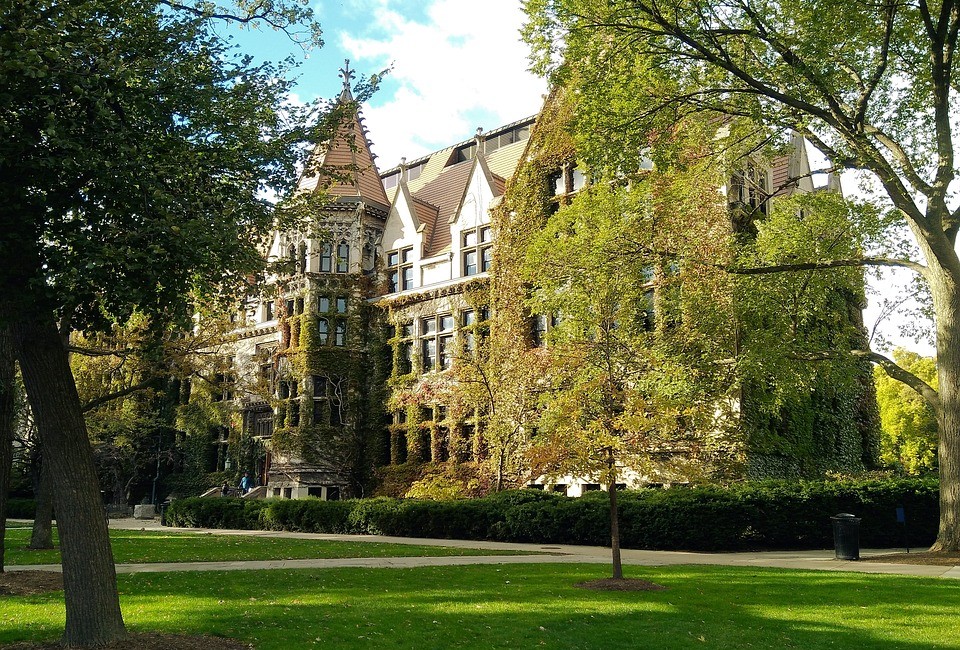Within the next decade, universities will be charging over $100,000 in tuition fees. The University of Chicago is projected to break the 6 figure ceiling as early as 2025.
The rising cost of living and luxury housing has contributed greatly to rising tuition fees in universities.
The University of Chicago is expected to be the first university to charge over $100,000 per annum in tuition fees by 2025. The projections are based on data tracking the growth of university’s fees from 2008 to 2018, and should it increase with the same rate, then expect it to hit $100,000 soon.
The university is currently one of the most expensive universities in the US, with average annual tuition fees of $57,642. The Hechinger Report which calculated the data also indicated that 3 more universities were heading in the same direction; Harvey Mudd College in California, Columbia University in New York and Southern Methodist University in Texas would almost cost the same price by 2025.
The Unversity of Chicago is the leading economic university internationally with a lot of economics Nobel Prize laureates.
Cause of tuition fees surge
The surge in price is unprecedented and will mean that only students from wealthy families will be able to attend colleges and universities if that happens. This has partly been driven up by increasing amenities and luxury housing which universities are currently offering.
The other reason for the rising cost of education in the University of Chicago and other universities countrywide is caused by an enrollment strategy heavily dependent on tuition discounting. Students are given incentives to join these universities through subsidized enrollment school fees.
This is basically price discrimination for students, where students are charged fees based on who they are and where they come from. Students from wealthier families are expected to go through colleges with no incentives whereas everyone else is expecting their price reduced.
Poor strategies for addressing surging prices
This strategy, at its core, was very noble and was meant to provide opportunities to low-income earners and people of color who cannot afford the education. It turns out that this is not how things work. In theory, it sounded practical, but it has ended up being a nightmare.
The data available does not support such a strategy and implementing it has dire consequences on the groups it is meant to help. A study published this year by Luke Behaunek, now dean of students at Simpson College, and Ann Gansemer-Topf, associate professor at Iowa State University looking at data from 2002 to 2013 for 448 small private colleges showed exactly.
The data showed that there was no correlation between college discount fees and applications from minorities and low-income households students. In fact, the opposite was true, where colleges with no discounts ended up attracting low-income households and minorities.
This is because these two groups were looking at fees on a face value angle. To them, education still looked expensive from outside and they did not want to be surprised by huge bills in their subsequent years.
This acted as an inhibitor for these students to apply to these colleges because of fears of being overcharged at a later time. Therefore, this explains the discrepancies between the theory data and real-life scenarios.
Price differences will continue affecting the students and the situations will only get worse going forward. With the rising cost of education, many capable students will be locked out of attending colleges which will be devastating to the economy.
Students will also accumulate more student debts when the tuition fees such as the University of Chicago goes into 6 figures. This rise in cost, if not fixed will be the end of low income and minority students in colleges and universities.







